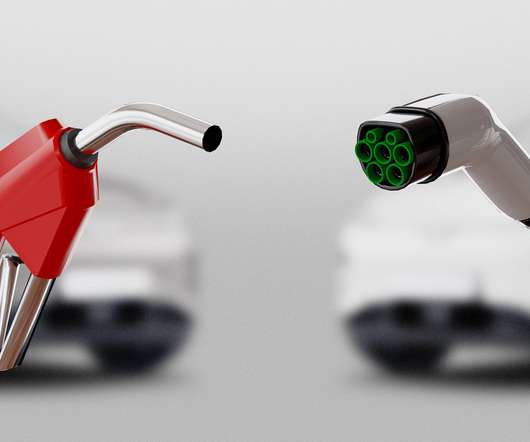Mazda announces SKYACTIV-X: gasoline Spark Controlled Compression Ignition
Green Car Congress
AUGUST 8, 2017
As part of the new technology to achieve this vision, the company disclosed plans to introduce a next-generation gasoline engine called SKYACTIV-X in 2019. This new proprietary combustion engine combines the advantages of gasoline and diesel engines to optimize environmental performance, power and acceleration performance.












Let's personalize your content